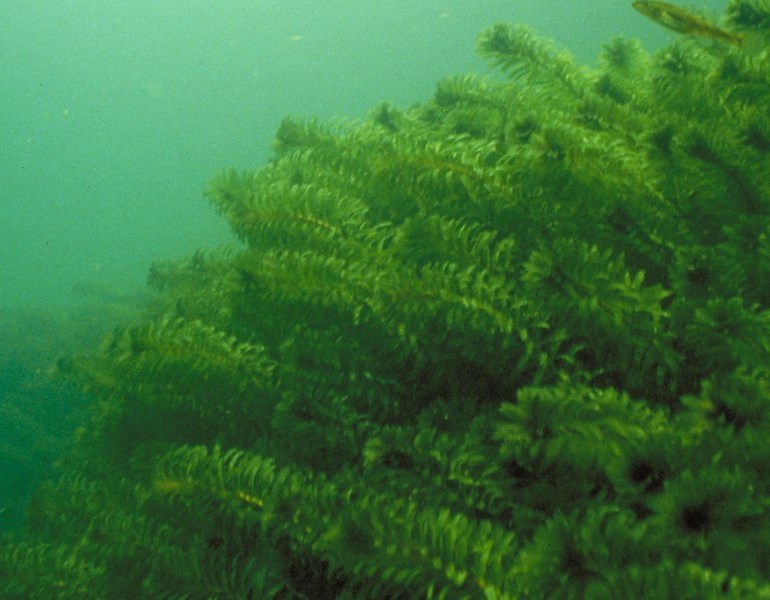
RLC’s Draft Annual Plan 2023 – 24
March 27, 2023
SH30 Speed Decisions Imminent
March 27, 2023Lake Weed Control Trial Planned
Concern was expressed at the AGM about lakeweed, particularly in Okawa Bay, and the question why is the weed harvester not used? This was obviously passed onto BoPRC Lakes Management and TALT, resulting in member Don Atkinson and Deputy Chair Roy Duffy being invited to join William Anaru (TALT), Andy Bruere & Roly Bagshaw (BoPRC), and the weed harvester operator to inspect Okawa Bay weed in the patrol boat. Don’s extensive knowledge of Okawa Bay, and his years on the Water Quality Society was helpful. We debated the fact that with the weed spraying traditionally being conducted in November, there is inevitably a great deal of dead weed biomass in the bay when the heat of summer warms the water, and is a probable trigger for algal blooms in the bay.
We discussed:
The viability of trialing the Okawa bay spray programme earlier in spring at the beginning of the growth period, that would probably create less dead biomass, and reduce algal blooms.
Utilisation of the weed harvester. As was stated at the AGM by Greg Corbert (Biodiversity Manager at BoPRC), the harvester can only reach 1.8m down and leaves the roots in place for those weeds that adhere to the lakebed. Its use depends on funding being obtained.
We have recently been advised the following:
The Aquatic Pest Management Coordinating Group met last week and one of the agenda items was the upcoming weed spraying programme. As discussed with you recently the proposal to change the spraying programme in Okawa Bay was discussed. The Group agreed to trial a change to the spraying programme. To clarify, this means Okawa Bay will not be sprayed in the April spray programme. Instead, Te Arawa Lakes Trust will attempt to programme the spraying of invasive weed earlier than usual, targeting a September application. As you will understand this is targeting an earlier period when the weed is expected to be emerging but the biomass will not be so great, reducing the potential to release a large mass of nutrients. The time of spraying will be dependent on the monitoring that is routinely undertaken for the programme. As a result of the earlier spraying, we believe there may need to be a second spraying in about November to ensure minimal weed impacts over the summer period. Again, this will be determined by monitoring. In addition, BOPRC is prepared to use the weed harvester if there is sufficient surface reaching weed to make setting up the operation worthwhile. This will also be dependent on monitoring observations and may be appropriate in November. I think you will appreciate this is a trial situation and the outcome of this change to the spraying will be considered in recommending future spray applications in the bay.
We are very pleased that Council and Te Arawa Lakes Trust responded to our concerns, but it remains to be seen if this trial will be successful in Okawa Bay.
Following that, Don and Roy attended a Lakeweed hui arranged by TALT with presentations from TALT, LINZ management and NIWA scientists. This of course was considering lakeweed across all Rotorua lakes, not just Rotoiti. We confirmed our concerns and that our Association and other bodies would support any campaign to seek more funding to improve the effectiveness of lake weed management.
We mentioned that LRCA is impressed with the very good communications and organisation of the spray programme by William and his team at TALT, since they took over its management.
In addition to the above, LRCA will continue to provide active input to Linz and TALT with weed observation feedback we collate from our members in each of the key bays and communities around the lake. We welcome feedback from members in September and April each year to identify hot spots and lobby for them to be included in the twice yearly spraying.


